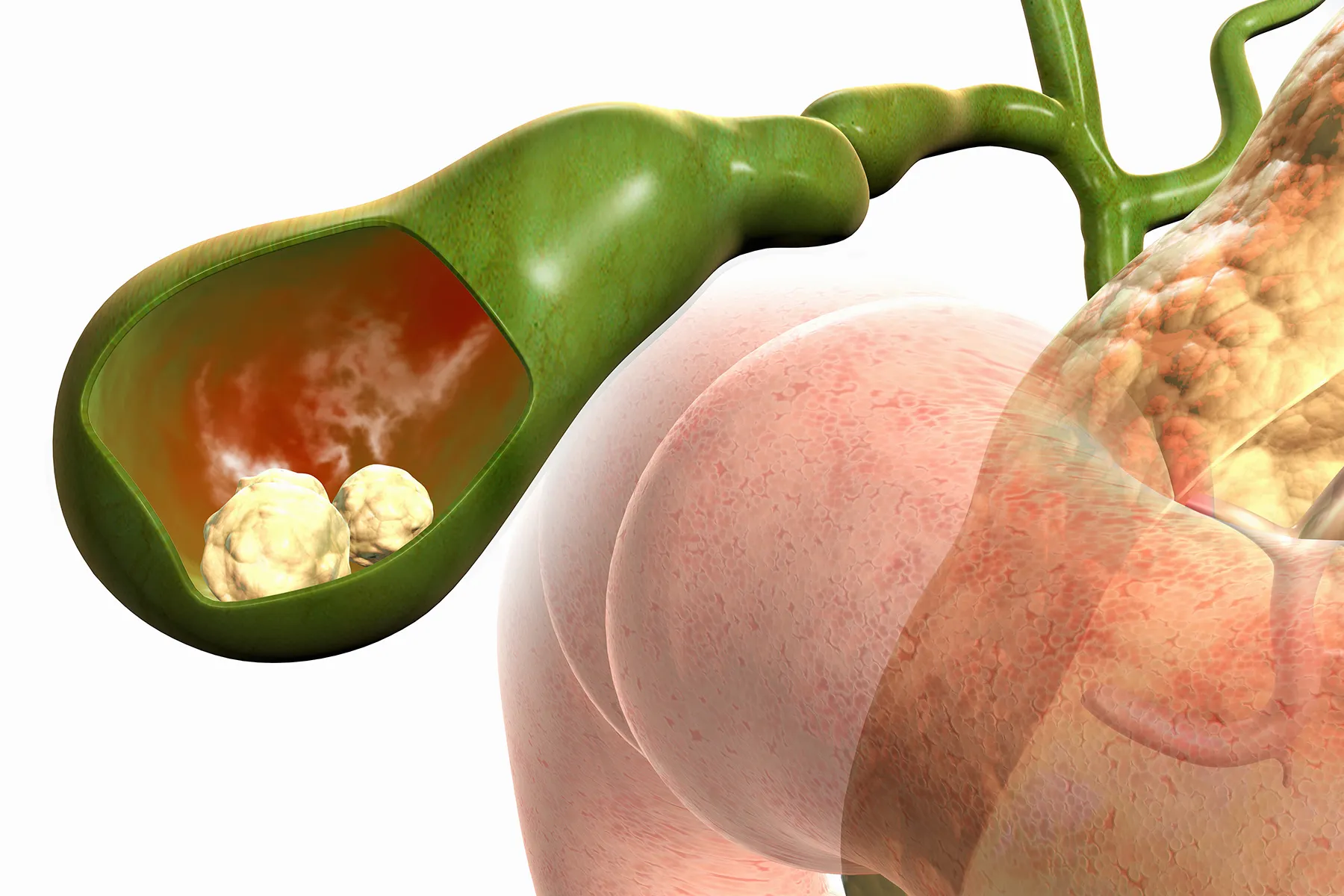
Wait…Why Is My Belly Still Acting Up?
Okay, pause for a sec. Picture this: You walk out of the hospital minus one gallbladder, pretty sure you’ve sighed your last sigh over that stabbing pain on the right side. Fast forward a few months—or even years—and BAM. There’s that gnawing ache…again. What gives? Is your gallbladder some kind of superhero organ, growing back like a lizard’s tail?
I used to think, “No way. Once it’s out, it’s out.” But then, wild as it sounds, I met a woman at my local walking club convinced hers “came back.” Spoiler: She was half right (and I’ll get to that story in a bit). But wow, I get how confusing these symptoms can be. The whole “r galbladder grow back once it has been removed surgerical” idea finds its way into late-night Google searches for a reason!
The Big Question: Can a Gallbladder Really Grow Back?
Let’s just rip the band-aid off: No, your gallbladder does not magically come back after it’s removed. Surgeons aren’t leaving a seed behind for a new one to sprout (as cool—and maybe useful?—as that would be). When you have surgery, your gallbladder is gone for good. Poof.
But…there’s a twist! Sometimes, if the surgeon couldn’t remove every last bit (because of scar tissue or sticky inflammation), tiny remnants may get left behind. And here’s where it gets juicy: those little leftovers, especially after something called a “subtotal cholecystectomy,” can seem to reform into a pouch-like mini-gallbladder. Cue the spooky music. On scans, it may even look like you’ve grown another one. But it’s not a brand new organ—just a chunk left behind being a bit dramatic. (For deep-dive fans, research on reformed gallbladder after subtotal surgery goes into the nerdy details.)
Something Feels Familiar… So What’s Actually Going On?
So, if your gallbladder hasn’t grown back, why on earth does it sometimes feel like your problem never left? Welcome to the world of looking-up “had gallbladder removed still having attacks” at 2 a.m. (Been there. Snacks in hand.)
Turns out, something called post-cholecystectomy syndrome (or PCS—sounds fancy, right?) can show up in 10–40% of people after gallbladder removal according to surgeons and wellness pros. What is it? Basically, it’s a mixed-bag of symptoms suspiciously similar to your old problems: upper belly pain, bloating, diarrhea, and a weird “ugh, why me?” feeling.
The cruel joke? PCS can pop up immediately after surgery or even years down the road. I remember a patient who called me in a panic, convinced her surgeon had left the organ inside. (He hadn’t.) Instead, she had bile duct irritation—totally treatable, and totally not a regrown gallbladder.
Table Time: Comparing Classic Attacks vs. PCS Mimics
| Before Surgery (Gallbladder Attacks) | After Surgery (PCS Symptoms) |
|---|---|
| Intense, stabbing upper right pain | Duller, sometimes constant pain in same area |
| Pain usually triggered by fatty food or overnight | Pain may come randomly, often after eating, sometimes not related to food |
| Nausea, vomiting, fever during severe attacks | More bloating, heartburn, and sometimes loose stool |
| Confirmed gallstones on imaging | No gallbladder—but maybe dilated bile ducts or residual stones |
So…What Are the Real Reasons for These Symptoms?
Let’s break it down without the medical mumbo-jumbo. Your gallbladder was a trusty little storage pouch for bile—made by your liver to help digest fried chicken, cheese, all the good stuff. When it’s gone, bile just takes a direct highway from liver to your gut, no stops.
Sometimes the “pipes” (bile ducts) get cranky about this new arrangement—and start spasming or letting leftover tiny stones wreak havoc. Occasionally, a little leftover duct or “stump” from surgery gets inflamed, or, in rare cases, new stones build up in the bile ducts. (Yep, even with the main event gone, stones can still form—life is nothing if not stubborn.)
The Plot Thickens: Can Gallbladder Remnants Be Sneaky?
Back to my walking club friend: she kept getting pangs in her side years after surgery. Doctors did a scan, expecting, well, nothing. Surprise! A small fluid-filled remnant—the “mini-bag”—was spotted just like in the literature. It wasn’t a new gallbladder; just leftover tissue getting big ideas. Her doc drained it, and voilà—peace was restored. (And she won the next round of trivia.)
Quick List: What Triggers PCS Symptoms?
- Residual stones: Old stones the surgeon missed, or new stones that form. My advice? Get scanned if pain sticks around.
- Bile duct spasms: The “sphincter of Oddi” (sounds like a magician) sometimes goes haywire. Treatment? Special meds, sometimes a simple scope procedure.
- Bile flow changes: No more bile “storage tank,” so bile can flood your gut unexpectedly. Could mean looser stools or a rush to the bathroom after pizza.
- Diet struggles: High-fat meals are harder to handle. (Trust me, I learned the hard way…you do not want to try a cheese fondue right after your surgery. Just don’t.)
Sorting Myth from Reality: Does It Ever Grow Back, Ever?
If you’re still wondering about r galbladder grow back once it has been removed surgerical, here’s your friendly reassurance: in typical cases, it just doesn’t happen. There’s never been a case of a human regrowing a full gallbladder. We’re not flatworms or salamanders…sigh.
But partial removal leaves room for shenanigans. Those rare “reformed gallbladder” cases? That’s leftover tissue behaving badly. For almost everyone reading this, your gallbladder is gone and done. If you’ve got pain, bloating, or the urge to google “had gallbladder removed still having attacks,” chances are it’s a PCS situation and not alien regrowth.
For even more details on what happens after surgery (seriously, don’t miss this), hop over to Long-term effects of gallbladder removal. It’s one of the best resources for realistic insight—and way less scary than health forums!
Day-To-Day Life After Surgery: Honest Truths
Most of us will adjust just fine after surgery. I mean, I can eat a little pizza now (with a lactaid, just in case, but whatever), and life goes on. The glory of your surgically-altered gut is that you do adapt…eventually. But sometimes, you hit a rough patch.
The biggest “long-term effects of gallbladder removal” are digestive speed bumps: more frequent, looser stools, a grumpy stomach after greasy foods, and a bit more gas. But many friends and patients tell me these fade with time—and a few dietary swaps make a world of difference.
Okay, What Helps?
Small Wins for a Happier Belly
- Listen to your body: Seriously. Some days dairy rocks, some days it’s the enemy. You’ll learn your new normal.
- Low-fat, high-fiber: Think roasted veggies, lean protein, good grains. Avoid fried foods at first. (Picture: Mediterranean diet, but you’re still allowed ice cream sometimes.)
- Eat smaller meals: Less volume, less stress on your system. I love snack plates—grapes, hummus, pita…no drama.
- Stay hydrated: Keeps everything moving, especially if those first few weeks are, uh, extra loose in the bathroom department.
- Consult your doc: Don’t try to tough it out forever. If pain sticks around, get checked. PCS responds to treatment—seriously, don’t suffer in silence.
By the way, if this all sounds like you, check out Had gallbladder removed still having attacks for more troubleshooting. It’s like peeking over the fence to see how your neighbors fixed their post-surgery gripes.
Food Choices: What Helps, What Hurts?
| Foods To Embrace | Foods To Go Slow On |
|---|---|
| Grilled/baked chicken Whole grains Roasted vegetables Bananas, apples Low-fat yogurt | Fried foods Cheese-heavy dishes Red meats Creamy sauces Butter/croissants |
Simple swaps keep things breezy. My personal snack hack for busy days: air-popped popcorn, not potato chips. Feels like you’re cheating, but your gut won’t rebel.
If You’re Worried—You Aren’t Alone
Let’s just be real: having gallbladder pain after surgery is one of the most frustrating feelings ever. You did “The Thing,” yet here you are seeking answers—again. If you’re panicking, maybe even spiraling on all those medical message boards (I’m guilty), just remember: The odds of regrowth are basically zero if your surgeon cleared it all, but troublesome leftovers or bile duct spazzes are real and treatable.
A friend’s mom swore something was “off” eight years post-surgery; turned out to be a small stone stuck in the bile duct (not a regrown organ!). A simple outpatient procedure and she was back to gardening the next week. Relief sometimes is that close!
You can always do a gut check (pun intended) with your GI doc, get an ultrasound if pain won’t quit, and tweak your lifestyle with expert help. Don’t tough it out—life’s too short for mystery cramps!
For more shared stories and gentle, “been-there, done-that” advice, the piece on Long-term effects of gallbladder removal is a gem. Take it from someone who’s missed more than one dinner party thanks to a rogue gut—connection and knowledge are half the cure.
Here’s the Bottom Line—You’ve Got This!
Alright, let’s land this plane. The juicy rumor about r galbladder grow back once it has been removed surgerical? It’s not really a thing. In medical speak: your gallbladder is one and done.
Sure, leftover tissue can act out (and show up on scans!), but full regrowth? Not on the human menu. If you have attacks, cramps, or digestive curveballs—don’t sweat. It’s usually PCS (annoying, but fixable), or the aftermath of your body learning a new routine.
You will figure out what works for you. Stay curious. Be gentle with yourself. Try the tips; reach out for help. Talk to your doc before jumping to wild conclusions—and remember, most people live happier, pain-free lives after recovery. Maybe your body’s just taking the scenic route to “normal.”
So, what do you think? Have you noticed these changes—or maybe you’ve got a wild story about mysterious recurring pain? Drop a comment and let’s keep the real talk going. And hey, go on and enjoy that pizza (just maybe not every night…trust me on this one!).

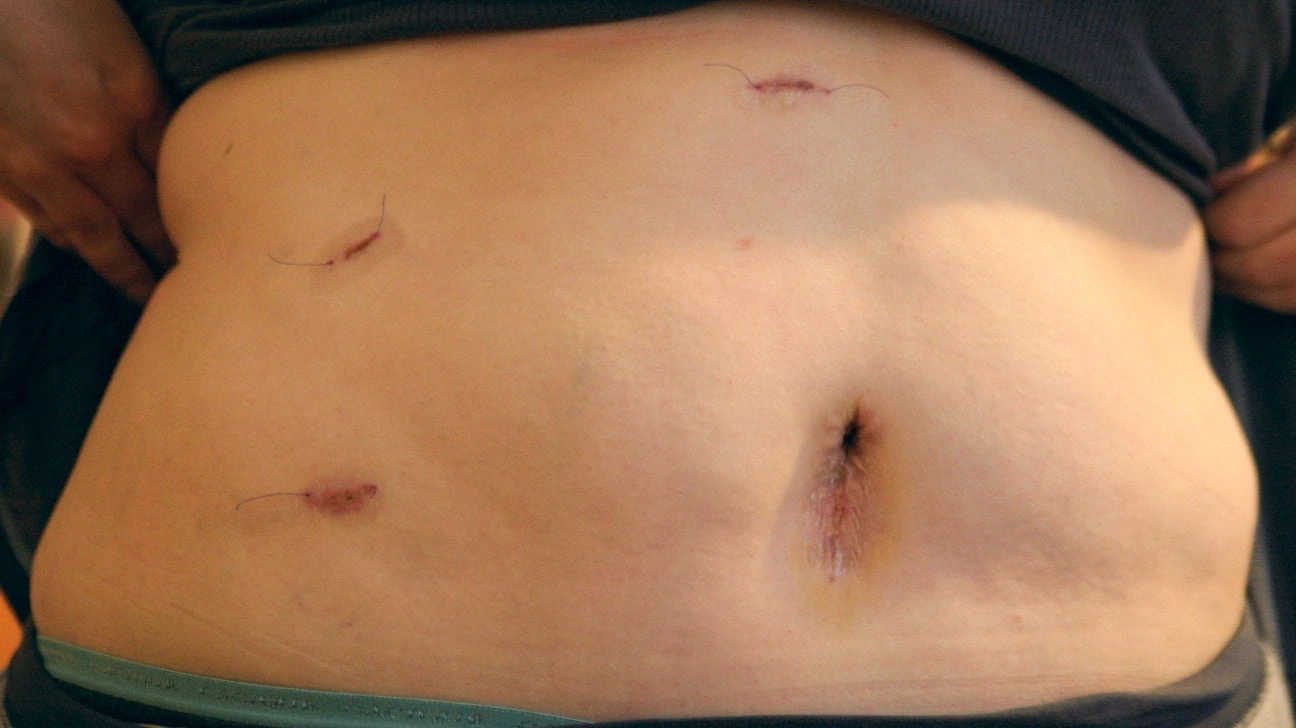






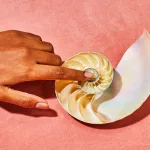

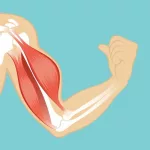
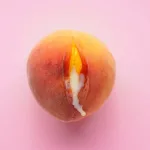



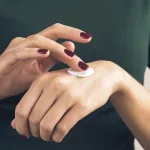


Leave a Reply
You must be logged in to post a comment.